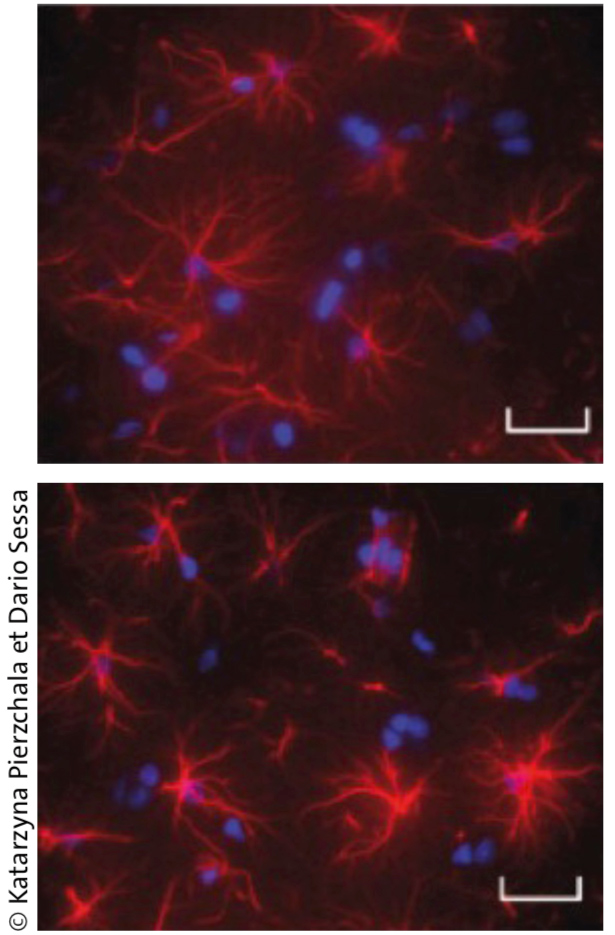 The liver plays a vital role as a filter in the human body. But what happens when it malfunctions? Researchers from the Universities of Geneva (UNIGE) and Lausanne (UNIL), the Vaud University Hospital Centre (CHUV), the Centre for Biomedical Imaging (CIBM), the Federal Polytechnic School of Lausanne (EPFL) and the University Hospitals of Geneva (HUG), Switzerland, teamed up to perform a detailed analysis of hepatic encephalopathy, a type of brain damage caused by chronic liver disease.
The liver plays a vital role as a filter in the human body. But what happens when it malfunctions? Researchers from the Universities of Geneva (UNIGE) and Lausanne (UNIL), the Vaud University Hospital Centre (CHUV), the Centre for Biomedical Imaging (CIBM), the Federal Polytechnic School of Lausanne (EPFL) and the University Hospitals of Geneva (HUG), Switzerland, teamed up to perform a detailed analysis of hepatic encephalopathy, a type of brain damage caused by chronic liver disease.
The scientists were able to observe for the first time in a mouse model that a dysfunction of the liver provokes cerebral molecular disturbances in two weeks, even though no physical symptoms are apparent. Moreover, several molecules are concerned, including two that were previously unknown. The research results, which you can read about in the Journal of Hepatology, might help detect brain damage linked to liver diseases via a brain analysis before an individual’s state of health deteriorates.
